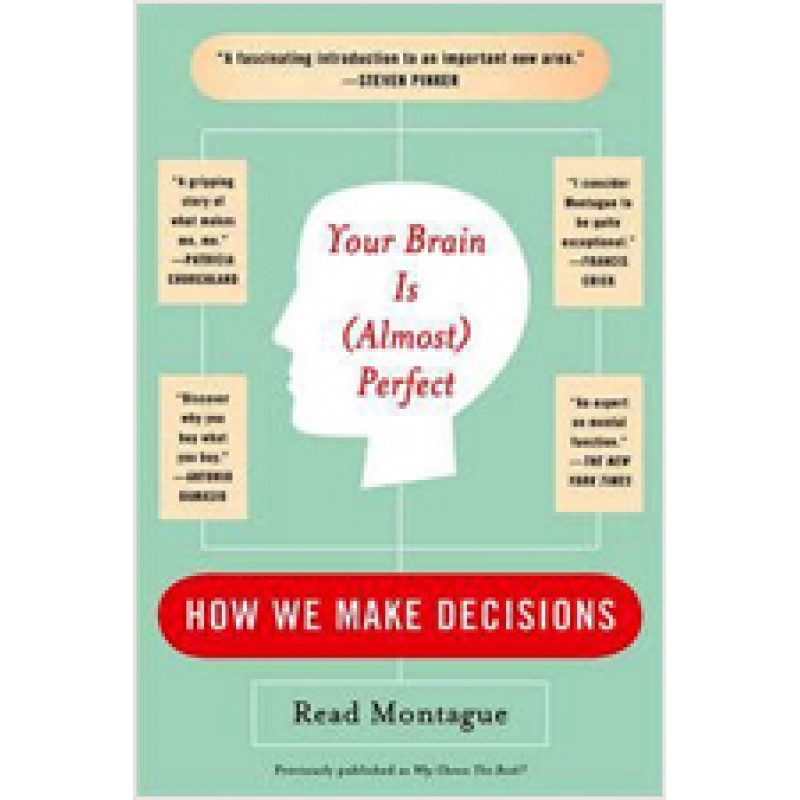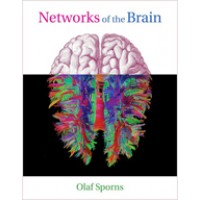Your Brain Is (Almost) Perfect: How We Make Decisions, Sep/2007
| Author(s) | Read Montague |
| ISBN10 | 0452288843 |
| ISBN13 | 9780452288843 |
| Format | Paperback |
| Pages | 352 |
| Year Publish | 2007 September |
Synopsis
“A fascinating introduction” (Steven Pinker) to the science of decision-making
One of the leading thinkers in the computational neuroscience revolution offers a brilliant new perspective on the mind’s decision-making process. Why do we make the choices we make? How can science explain free will? If our brains are like slow computers originally programmed for survival with goals like food, water, and sex, why do we make choices that go against our own biological best interests? Where do values come from? What role do emotions play? From how we decide what we consume to the romantic, ethical, and financial choices we make, Read Montague guides readers through a new approach to the mind that is both entertaining and illuminating.
About The Author:
Read Montague is a professor in the department of neuroscience at Baylor College of Medicine, director of the Human Neuroimaging Lab, and director of the Center for Theoretical Neuroscience. He is currently a fellow at the Institute for Advanced Study in Princeton.
One of the leading thinkers in the computational neuroscience revolution offers a brilliant new perspective on the mind’s decision-making process. Why do we make the choices we make? How can science explain free will? If our brains are like slow computers originally programmed for survival with goals like food, water, and sex, why do we make choices that go against our own biological best interests? Where do values come from? What role do emotions play? From how we decide what we consume to the romantic, ethical, and financial choices we make, Read Montague guides readers through a new approach to the mind that is both entertaining and illuminating.
About The Author:
Read Montague is a professor in the department of neuroscience at Baylor College of Medicine, director of the Human Neuroimaging Lab, and director of the Center for Theoretical Neuroscience. He is currently a fellow at the Institute for Advanced Study in Princeton.


